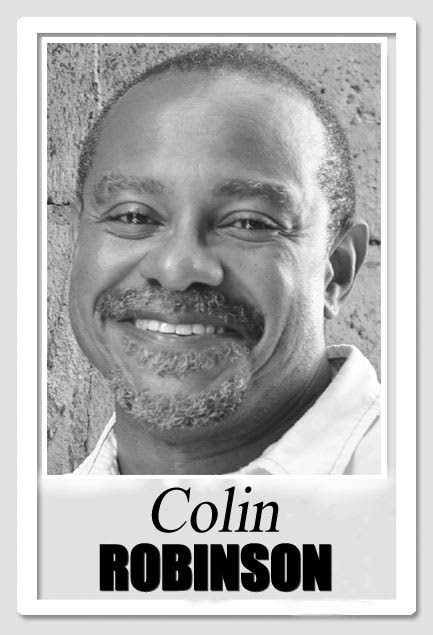Worse than the US?

Friends of mine and I have been asking ourselves in small spaces what the nation’s easy turn to venting the most venomous ethnic thoughts and feelings publicly on social media means. Whether the national election campaign here has in fact done more social damage than the 2016 US election did there. And how much of this roots back to Cambridge Analytica.
I started the post-election week (in hospital: I’ll have to share the body snatchers story) raising another US-TT comparison, wondering if in 2020 one of our media houses ought to invite a counterpart from North America or Europe to do a capacity-building mission to TT. Why is our media’s election coverage such a long distance from what we see up North?
While the many know-the-candidates stories were admirable, most lacked depth. Where is the serious analysis about what was happening in La Horquetta? About Jack’s comeback reception and impact (apart from pulling women from the shower)? Did we not have our second transgender candidate? Media took so long to get real numbers for the marginal seats that stories focused on revealing, not analysing, them.
More fundamentally, why can’t we, like voters in the North Atlantic, get up the morning after an election with every expectation of seeing authoritative numbers for almost every seat and a status of where counting is in others? Even when voting authorities’ official tallies lag behind, as accuracy demands.
Spoiled by these expectations of instantaneity and packaging, I end up disappointed worse each year, this year watching another ambitious digital platform fizzle, CCN’s live map left hanging on election night, like a glossy handbill growing soggy, results incomplete (though, thankfully, those for Siparia moved from the wrong constituency where they remained for hours).
Some of this is just common sense. The pretty anchor who parrots clearly unrepresentative early returns that have no value or weight, as if she has no idea how an election actually works. And of course there are the pundits: some so cautious to be non-partisan and inoffensive they end up saying nothing of interest; others who’ve proven since the start of the campaign they have nothing insightful to say yet are given the opportunity to so once again.
This is a business opportunity, though. A handful of smart people could sell a media house a sensible package for modern-day election-night coverage. TV6’s 2015 coverage pivoted on hiring a savvy pollster, who called the election – the smartest local media election coverage step in memory.
The Express, wrong-headedly, criticised the prime minister in an editorial for calling the election on Monday night. I’m grateful someone did. It was an important act of leadership.
In many places it’s the press that does this. But ours fails to develop the capacity to.
I chatted about this challenge with a newspaper editor last election. But Colm Imbert in his news conference Thursday answered it much more plainly: Media used to assign stringers to each major party constituency office who learned the raw numbers for each polling division as returns trickled in. I’d forgo the background shots of tassa or tears, or the standard questions about reflections on the campaign for this invisible function. Smartphones and social media, in fact, should only make this easier: instead of requiring presence or wired telephone contact, a field reporter could be in touch with several constituency office liaisons by WhatsApp. (It still requires the hard work of adding up eight to 31 numbers.)
The Express editorial also took a welcome focus, as have several commentators, on the importance of the Elections and Boundaries Commission strengthening its social media voice and communication with voters. I couldn’t agree more. I wish more editorialists had joined in my call for as-yet-unreleased results by constituency for the 2019 local government elections and the list of proportionally allocated aldermen in each council. Instead, six months after the election, a PNM majority extended the EBC’s statutory deadline to submit its formal report on the election by a full year.
Things to add to an amended Representation of the People Act.
Along with residency requirements.
What puzzled me, though, was reporting elsewhere that the EBC has deemed exit-poll surveys of voters outside polling stations illegal. With such weak infrastructure already for disseminating voter decisions, a media not very invested in deepening its coverage, it would be a shame for us to ban a standard social science initiative.
But what begs more for attention and analysis — including comparison to how things are in the US — is this rich stream of opinion we are seeing across social media platforms. It frightened us in the wake of the UNC’s 2010 loss and its destructive election petition. But it went somewhere over the intervening five years. How permanent is it?
And is it another opportunity to intervene to be seized instead of waiting for institutions or politicians to act?


Comments
"Worse than the US?"